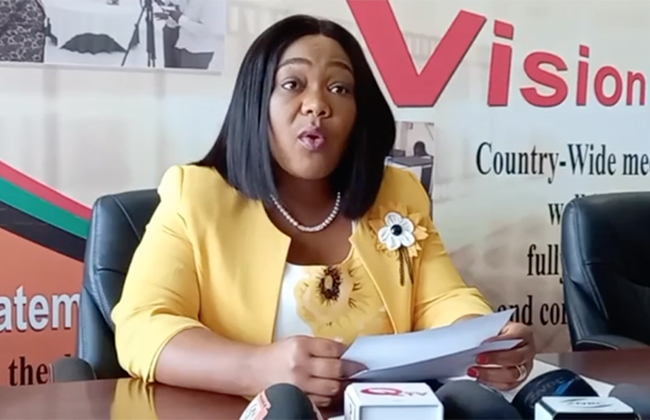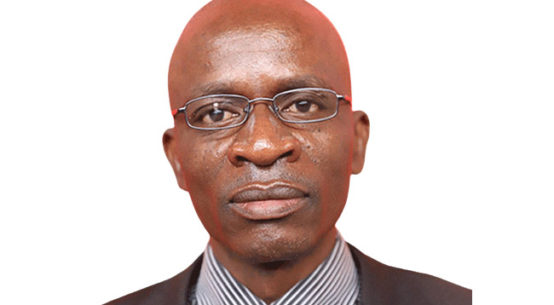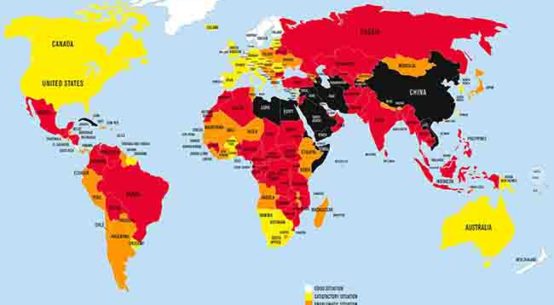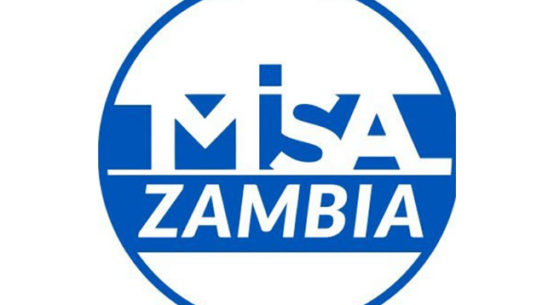
Zambia will next year be expected to enact the Access to Information (ATI) law ending years of delay, arguably to ensure freedom of the press is attained in the Southern Africa state.
In what many scholars and media practitioners feared was an effort in futility, an action delayed since 2002, Information and Media minister Chushi Kasanda reaffirmed the Government’s resolve to hasten the unveiling of the law and promote freedom of the press..
Speaking during a capacity building training workshop for journalists on effective reporting on Human Rights issues in the capital, Lusaka and organised by the Continental Leadership Research Institute in collaboration with the American Embassy in Zambia, the minister reiterated the government’s will to ensure democratic principles are enhanced by having a free media.
The media plays a critical role in ensuring that the rule of law is upheld and enhancing democratic principles.
The efforts to actualize the practitioners dream is hoped to strengthen the voice of rural communities through Civic Education programs and building the capacity of media personnel to effectively report on human rights activities which is tenable with support.
“The initiative will go a long way in highlighting human rights violations which include early and forced marriages, harmful traditional practices and gender based violence in rural communities,” the minister said.
She implored the media to place high premium on reporting human rights issues by ensuring factual, objective and balanced reporting.
The Media Institute of Southern Africa, a regional body championing free freedom and other media rights in all the 16 member states, is pleased with the Zambia government’s resolve to enact the access to information law in the first half of 2022, according to MISA director in Zambia, Austin Kayanda.
MISA has over the years championed the enactment of the belated ATI into law and has challenged the leadership in Zambia to actualize the bill into law as provided for in the bill of rights clause of the country’s constitution.
At the same occasion, United States Embassy Deputy Public Relations Officer Julie Mellin urged the Government to remain committed to promoting freedom of information and freedom of the press, and her country was happy that various initiatives towards actualization were underway.
Former MISA Zambia Chairperson, Hellen Mwale earlier lamented the failed efforts in the past aimed at actualizing the ATI into law and that now that with the failure by the Referendum, tasked to find lasting solution to the delays of such actions it was imperative that the Presidency acted expeditiously.
Access to information bill, it is envisaged, will help the public to make informed choices as the media will be able to give them full information on issues of their interest. The efforts need the active participation of all lawmakers to ensure the law is enacted without further delay.
As of 2021, there are at least 128 countries that have ratified such laws and enacted implementations that render the right to information possible.
Countries that have adopted these laws include Sierra Leone, Niger, Tunisia, Angola, Côte d’Ivoire, Ethiopia, Guinea, Liberia, Nigeria, Rwanda, South Africa, Uganda, Zimbabwe.
Today, that figure has more than doubled with 95 countries recognising the right to information. As a result, billions of people around the world now enjoy the right to access information held by their governments and national public bodies.
Sweden is the very first country to provide freedom of information to its citizens through the Freedom of Press Act, which came into force in 1766.
Recently, former Ministry of Information and Broadcasting Services Permanent Secretary, Amos Malupenga called for unwavering support and safety of the journalists in the country because of the vital role they play in society.
The promotion of the safety of journalists is essential for the preservation of the fundamental rights to freedom of expression as guaranteed by article 19 of the universal declaration of human rights.
Any interference, harassment, or violence on the media personnel in the discharge of their duties has not gone unpunished in the courts of law.
“Citizens also have a constitutional right to information and the media as messengers of that information should be allowed to carry out this noble responsibility in a free and safe environment,” Malupenga said.
The freedom and safety of the media is non-negotiable but guaranteed in the laws of Zambia thus: “Therefore , any interference , disturbance, harassment , violence or attack on the journalist is an infringement against journalists and infringement on media freedom and the public ‘s right to information which is an acceptable,” he charged.
And United Nations Development programme (UNDP) Deputy Resident representative Roland Seri recognizes the media’s critical role in ensuring accountability of democracy. Media promotes the market place of ideas needed to inform public debates and dialogue on governance, democracy and elections.
“UNDPs global media engagement aims at to promote an enabling environment for free and independent Media through support legal and regulatory reforms on issues such as freedom of expression, access to information and safety of Journalists,”
“The media must also be alert, engaged proactive and never afraid to ask the tough questions on behalf of the citizenry, on matters pertaining to the public interest such as good governance democracy, human rights rule of law, constitutionalism to serve as the voiceless and marginalized section of the population,”
Journalists need protection from harassment, intimidation and any forms of censorship as enshrined in article 19 of the universal declaration of human rights.




